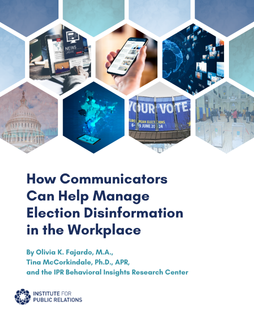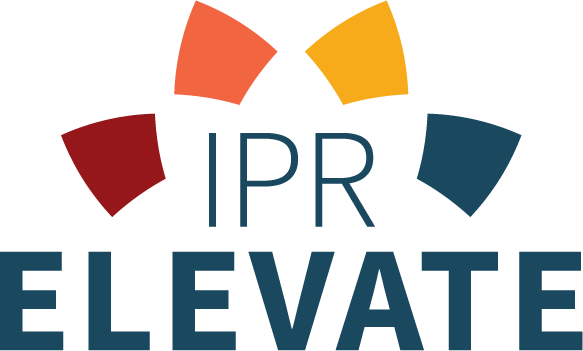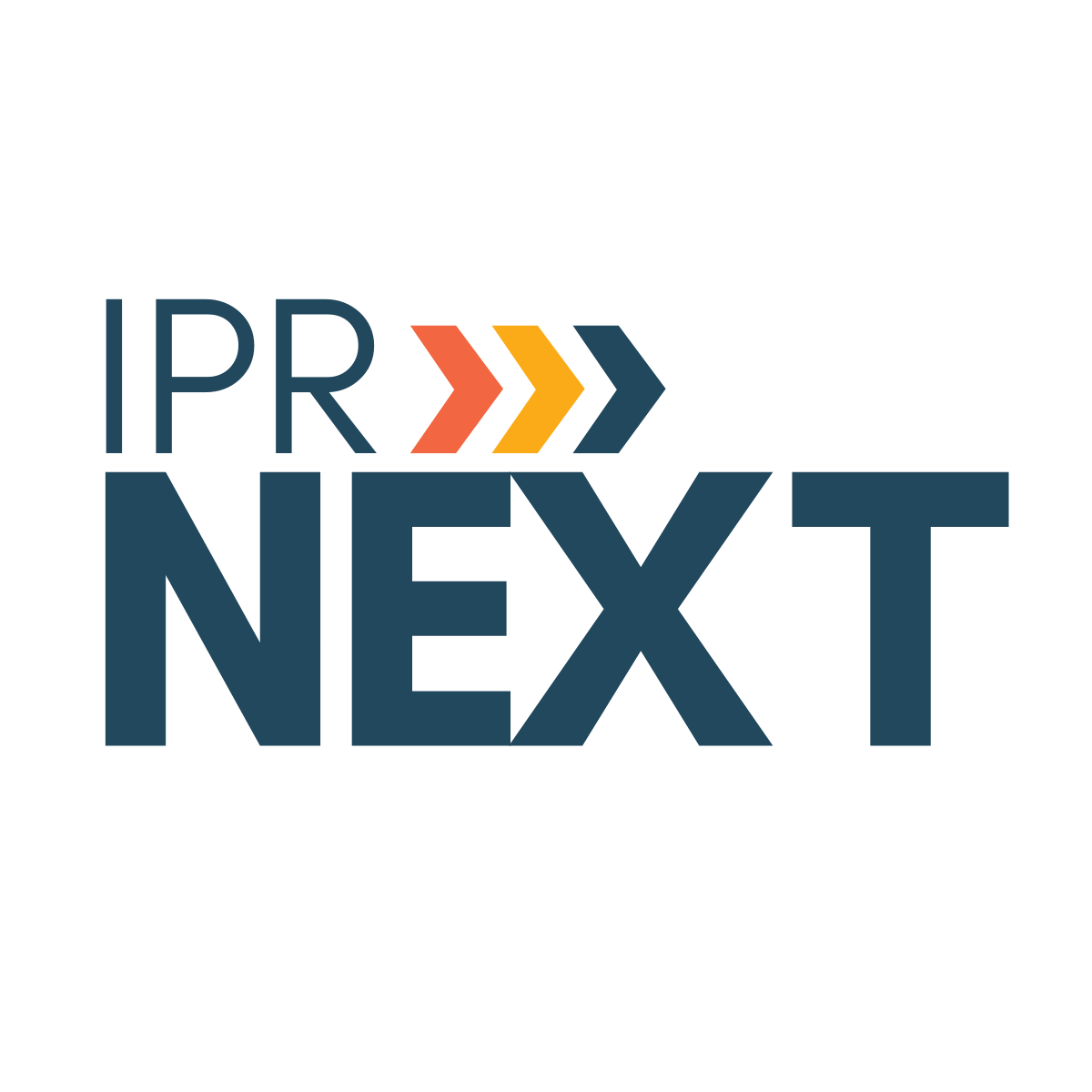Journalists, public relations practitioners and marketing specialists in Poland say that media bribery is a frequent occurrence in their country, but the vast majority agrees that the practice is unacceptable.
The Polish Public Relations Consultancies Association (PPRCA) and two major international public relations groups cooperated on the study of communications leaders’ views on media credibility and bribery. The Institute for Public Relations (USA) and the International Public Relations Association supported the research as a follow-up to their 2003 International Index of Bribery for News Coverage. The new research in Poland is intended to provide a benchmark for subsequent surveys in other countries.
A total of 287 communication leaders (99 journalists, 90 marketing specialists, and 98 public relations practitioners) responded to a survey on issues related to media bribery. The results show that Polish communication leaders often face media bribery at the workplace. However, 72 percent of the respondents strongly agreed that the practice is unacceptable.
The data were collected and initially analyzed by an independent research agency, the Millward Brown SMG/KRC Poland Co. The peer-reviewed research paper released today was authored by Dr. Katerina Tsetsura, assistant professor of Public Relations at the Gaylord College of Journalism and Mass Communication, University of Oklahoma. The new paper is available free on the Institute’s website, instituteforpr.org.
The research showed that communication leaders in Poland are most concerned with indirect media bribery, such as publishing a news article in exchange for advertising, or providing free samples or attractive discounts to journalists. Direct forms of media bribery, where journalists accept undisclosed cash payments in return for news coverage, happen less frequently according to the survey.
“Bribing the news media, directly or indirectly, corrupts the information that citizens need to make important decisions, as individual consumers and as a society,” said Rafal Szymczak, PPRCA president. “This issue is why we initiated our ‘Pure Information’ campaign, and together with journalists, editors and advertising associations we are counteracting corruption within the media.”
All categories of respondents agreed that the media outlets are not credible when they are controlled by government or by advertisers. They were less concerned about any corrupting influence of news sources such as public relations spokespersons. Only 24% of journalists said media are not credible because their information is controlled by news sources. Nevertheless, less than half of public relations professionals and only a third of journalists believe that public relations is practiced in an ethical manner in Poland.
“Journalists and PR professionals in Poland need to unite forces to successfully communicate the importance of ethical relationships between news sources and the media,” said Tsetsura. She is a charter member of the Commission on International Public Relations, launched by the Institute earlier this year to explore and document research-based knowledge in the field of international practice.
The study examined six different types of media outlets: public television and radio; private television and radio; national daily newspapers; regional daily newspapers; color weekly and monthly publications; and Internet media. Respondents agreed that material which is paid for (directly or indirectly) but not clearly marked as advertising occurs most often in color weekly and monthly publications, followed by regional dailies. Almost a third of PR professionals say that this practice also occurs regularly in private national television and radio media, but rarely in national dailies and public national television and radio.
The Institute, which owns the survey research instrument used in Poland, said it will grant permission to use the questionnaire to reputable organizations wishing to develop better information on the issue of bribery for news coverage in their own countries. By conducting comparable research in other countries, a worldwide database will be developed on this issue. Interested parties should contact the Institute at iprceo@jou.ufl.edu.
The Polish Public Relations Consultancies Association represents approximately 60% of the Polish PR industry. More information about PPRCA and Campaign “Pure Information” can be found on www.zfpr.pl.
The International Public Relations Association (IPRA) is the premier association for senior international public relations professionals, with more than 1000 members worldwide. Information about the IPRA Campaign for Media Transparency can be found on www.ipra.org.
The Institute for Public Relations is an independent foundation dedicated to the science beneath the art of public relations. Located at the University of Florida in the US, the Institute exists to build and document the intellectual foundations of public relations, and to mainstream this knowledge by making it available and useful to practitioners, educators, researchers and the clients they serve.
Payments from news sources for media coverage is a commonly accepted practice in the national media in Poland.
Payments from news sources for media coverage is a commonly accepted practice in the local and regional media in Poland.





